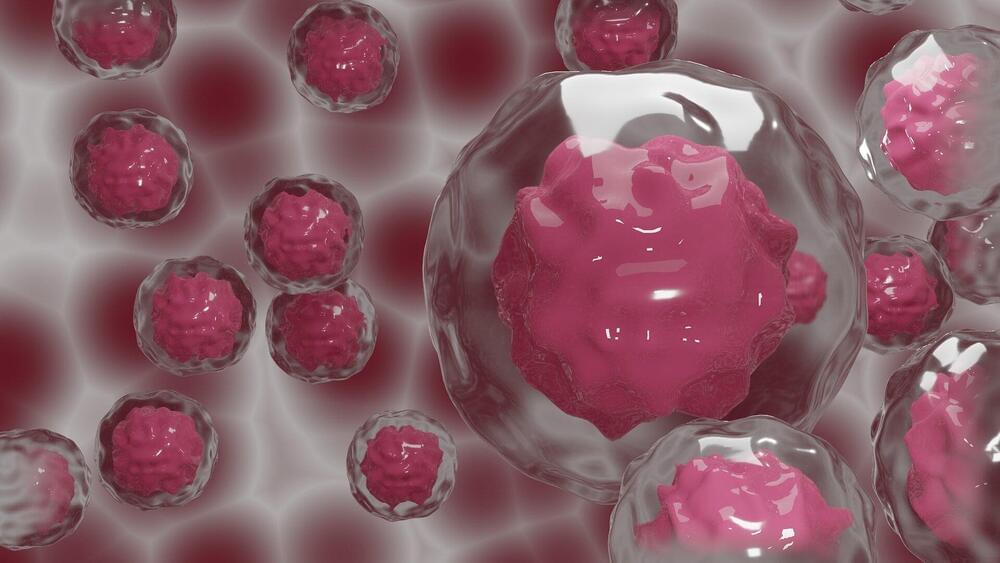Cancer cells can shrink or super-size themselves to survive drug treatment or other challenges within their environment, researchers have discovered.
Scientists at The Institute of Cancer Research, London, combined biochemical profiling technologies with mathematical analyses to reveal how genetic changes lead to differences in the size of cancer cells—and how these changes could be exploited by new treatments.
The researchers believe smaller cells could be more vulnerable to DNA-damaging agents like chemotherapy combined with targeted drugs, while larger cancer cells might respond better to immunotherapy.









Comments are closed.